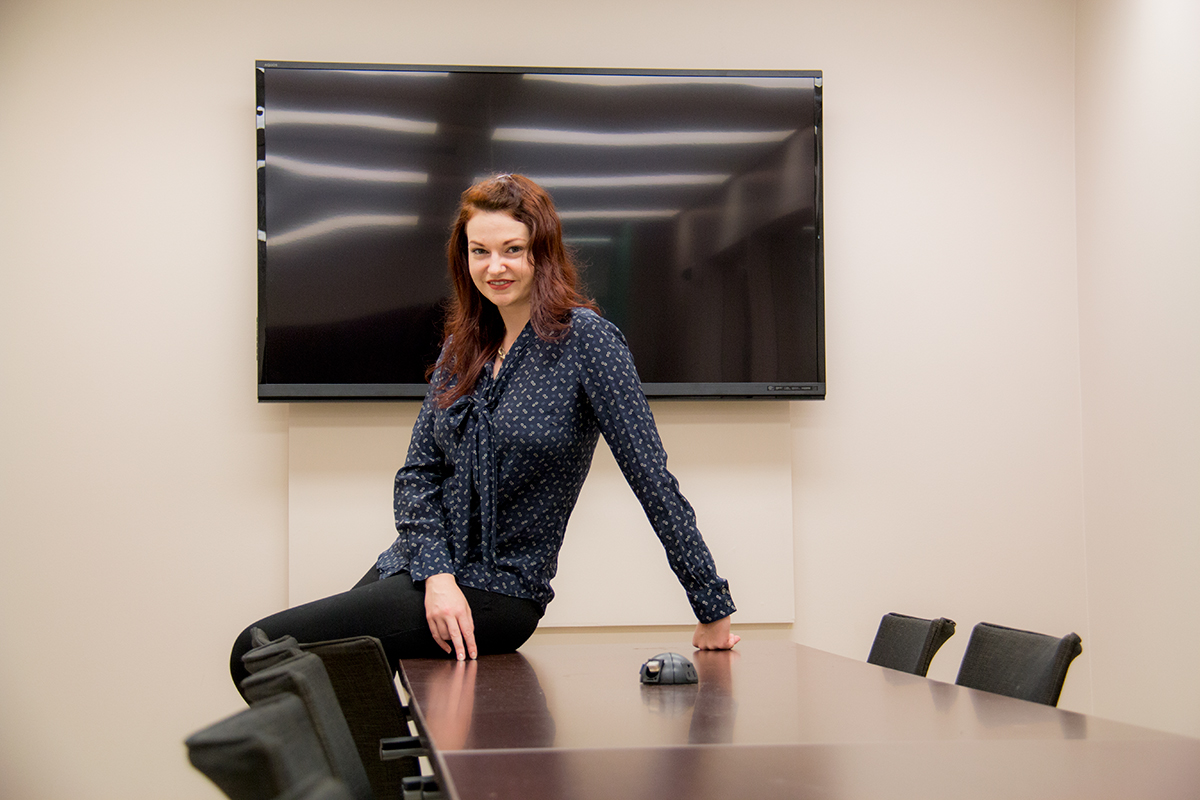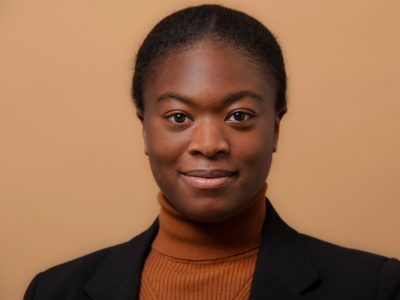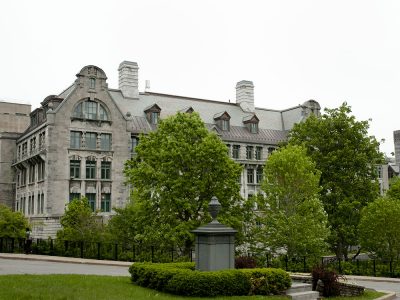The O.J. Simpson trial of 1995 was one of the most publicized criminal trials in American history. It was also one of the most racially charged, with public opinion polls suggesting stark racial differences in the reaction to the trial and verdict.
The influence of race and racial bias on the outcomes of criminal trials has been long-established in the United States. Here in Canada, Professor Evelyn Maeder has found that prospective jurors are not immune to such bias. She studies the effects of “extralegal” information—defendant race, victim attractiveness, and defendant gang affiliation, among others—on juror decision-making in Canada, using experimental simulations.
“We have found consistent race effects on mock jurors’ decisions in Canada. But unlike in the United States, the effect is found mostly for Aboriginal defendants,” explains Professor Maeder, who serves as Director of the Institute of Criminology and Criminal Justice. “In certain circumstances, White mock jurors are more likely to convict an Aboriginal defendant than a White defendant. What’s interesting is that they don’t realize it.”
Professor Maeder says that lack of self-awareness means jurors are unlikely to admit to bias at the start of a trial, but be influenced by a bias nonetheless. In the United States, that phenomenon changes if racial issues are featured prominently in the case. “Generally, people don’t want to be racist. So if race is a big issue, they will correct for that,” says Professor Maeder, who published her study in the journal of Psychology, Public Policy, and Law.
But in Canada, there’s a bizarre twist. Professor Maeder says her research, among others, has found Canadian participants considered the effects of racism in the simulated trial of a Black defendant, but not an Aboriginal defendant.
“Canadian participants don’t acknowledge the racial tension between the Aboriginal and White communities. They see this as an American issue,” says Professor Maeder.

Professor Maeder and her students have studied outcomes of trials across Canada, as well as asked research subjects to review a trial transcript and then answer a questionnaire as if they were jurors. This spring, the researchers will begin staging mock jury deliberations in a new Legal Decision Making Laboratory with participants from the community.
“We’ll ask participants to read a transcript or watch a video of a trial and then deliberate as a jury within the lab,” she says. “We want to see how this is dealt with in a group discussion.”
Professor Maeder says they hope to test whether a more diverse jury leads to a less-biased verdict. Since it’s difficult for courts to make changes to process based on psychological research findings, she says the findings would need to be replicated several times before recommending any kind of policy change.
Wednesday, April 27, 2016 in Featured Researcher, Institute of Criminology and Criminal Justice, Research
Share: Twitter, Facebook



